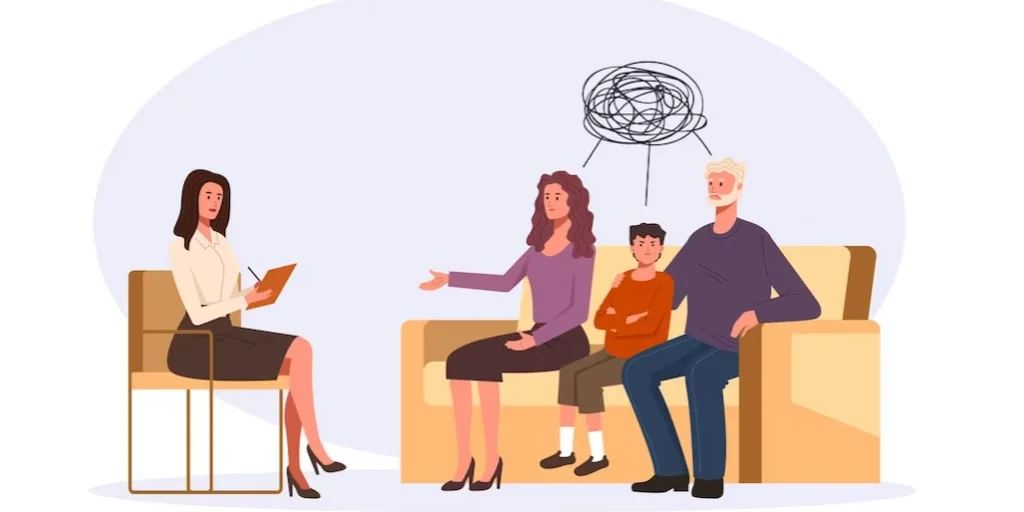24/7 Helpline:
(866) 899-221924/7 Helpline:
(866) 899-2219
Learn more about Ritalin Detox centers in Crested Butte
Ritalin Detox in Other Cities

Other Insurance Options

Sliding scale payment assistance

American Behavioral

MVP Healthcare

GEHA

Aetna

Health Net

Health Partners

WellCare Health Plans

BlueShield

Molina Healthcare

Magellan

WellPoint

State Farm

UnitedHealth Group

Multiplan

Ambetter

BHS | Behavioral Health Systems

Holman Group

Sutter

Choice Care Network



The Center for Mental Health
The Center for Mental Health is a non-profit organization and is governed by a board of directors re...

Teocalli Treatment Options
Teocalli Treatment Options offers outpatient treatmnet for individuals with alcohol and/or substance...






















The Center for Mental Health – Crystal Hall
The Center for Mental Health is a non-profit organization and is governed by a board of directors re...








































